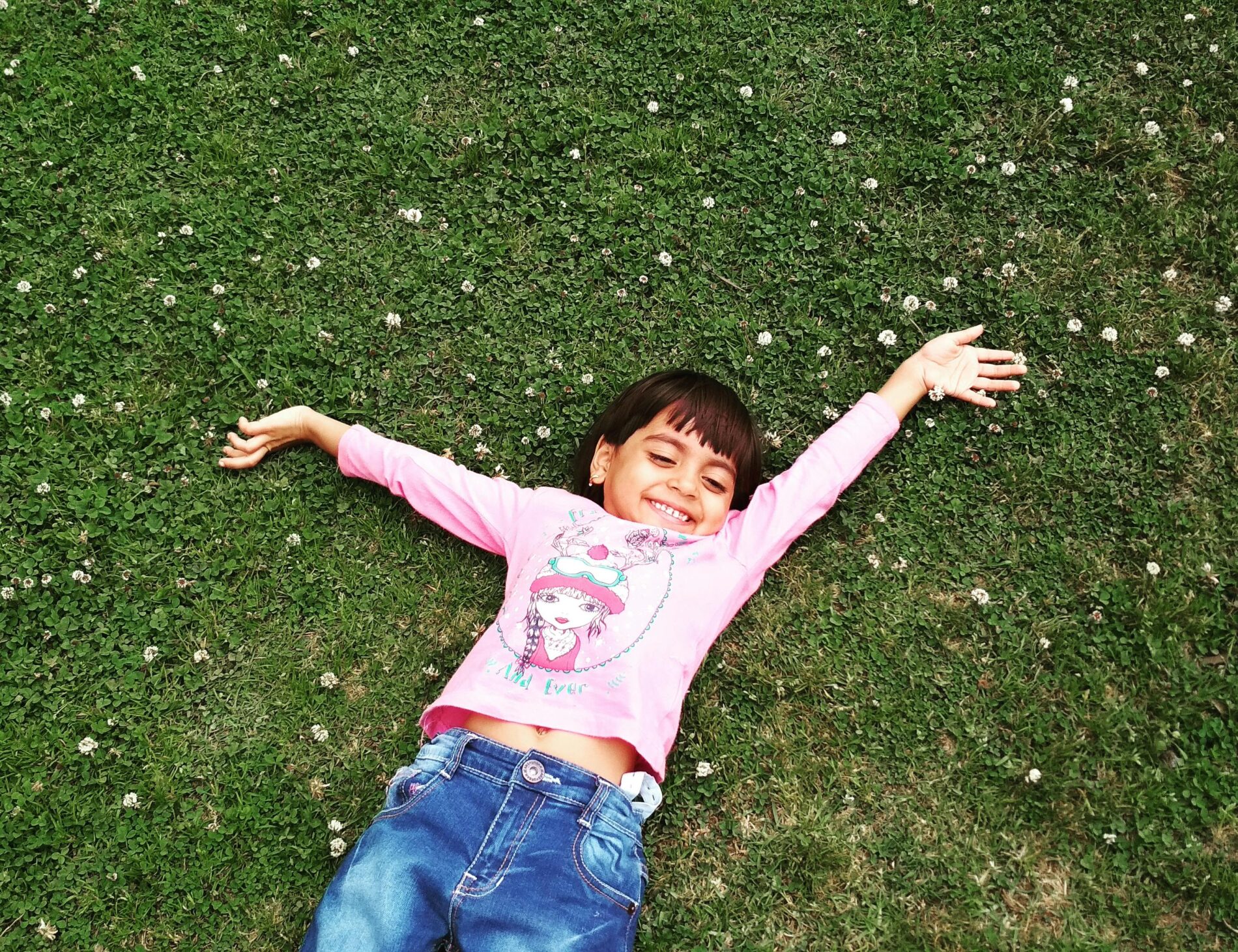
Communication
We guide our patients in expressing their needs in the manner that suits them best. Our approach involves gradually increasing the complexity of their communication skills until they can effectively articulate their wants and needs. For instance, if a child is initially limited to gesturing for items, we may start by encouraging them to make any sound to request what they want. Once they demonstrate proficiency in this, we can progress to having them use the initial sound of a word. After they consistently use the first sound, we may move on to teaching them to ask using the first half of the word. This process continues, evolving until they are able to use multiple words for requests. Additionally, we can focus on more advanced communication skills, such as engaging in conversations, using adjectives and adverbs, and discussing appropriate topics.

Social Skills
We focus on a wide variety of social skills tailored to the individual’s age and developmental level. For some, this may include foundational goals such as making eye contact, listening to others, or approaching peers to make a request. For others, we may target more complex skills like taking turns during games, initiating and maintaining conversations, understanding personal space, or showing interest in others.
We also work on coping with common social challenges—such as losing a game, accepting feedback, responding appropriately to greetings, or following group instructions in classroom or community settings. For teens and young adults, we address skills like recognizing safe vs. unsafe interactions, understanding boundaries with strangers, and navigating social expectations in various environments.

Daily Living and Adaptation
While we don’t directly teach daily living or adaptive tasks (like cooking), we focus on identifying and reducing the barriers that may be preventing individuals from learning and performing these skills. For example, we may address sensory sensitivities that make hygiene routines difficult, increase tolerance for transitions or new environments, or reduce behaviors that interfere with participating in daily activities.
Through gradual desensitization and reinforcement-based strategies, we help individuals become more comfortable with experiences like haircuts, dental visits, wearing specific clothing, or trying new foods. Our goal is to increase each learner’s ability to engage in everyday routines and build the foundation for long-term independence—at a pace that feels safe and respectful to them.

Other Skills
We also support the development of a variety of other skills based on each child or young adult’s unique needs. These may include matching, recalling information, sorting, labeling, identifying objects upon request (e.g., “Show me the dog!”), and recognizing letters, numbers, shapes, or patterns. We can also address receptive goals, such as responding to one’s name, following instructions, and understanding everyday questions or directions.
Imitation skills are another key focus area—ranging from imitating gestures and using objects functionally to copying facial expressions or participating in simple group routines. For those who show limited interest in play, we gently guide them toward engaging with toys or materials in meaningful and enjoyable ways.
All of these areas can be tailored to include specific goals that support your child or young adult’s individual learning needs and long-term development.
